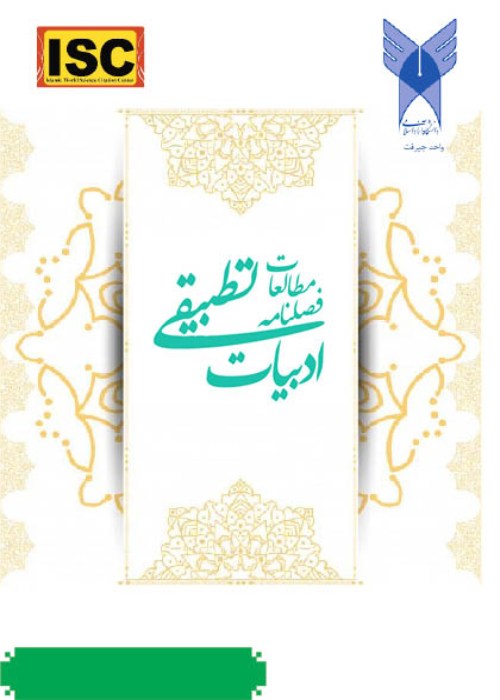Linguistic, Written and Grammatical Features of Qajar Era Letters; by Focusing on Ghaem Magham and Amir Kabir
In Qajar era, due to the lack of mass media on one hand and the expansion of the general level of literacy on the other hand caused the situation of people from different classes (kings and princes, scholars and clerics, open-minded educated people, poets and writers and even the common people) to be proposed, rather, many of the current issues to be mentioned in the letters, which have been less considered in official and administrative correspondence due to security and secret issues. This period, while from a historical point of view, Persian prose has been transitioning from artificial prose to technical prose; from a cultural and social point of view, correspondence was freed from the monopoly of kings, ministers, writers and people of grace, and the general public also tended to correspondence. This research tries to investigate the role and status of letters and correspondence in Persian prose by identifying the type of writing, terms and literary interpretations used and the ideas and themes of the types of letters left from the Qajar era.
- حق عضویت دریافتی صرف حمایت از نشریات عضو و نگهداری، تکمیل و توسعه مگیران میشود.
- پرداخت حق اشتراک و دانلود مقالات اجازه بازنشر آن در سایر رسانههای چاپی و دیجیتال را به کاربر نمیدهد.


